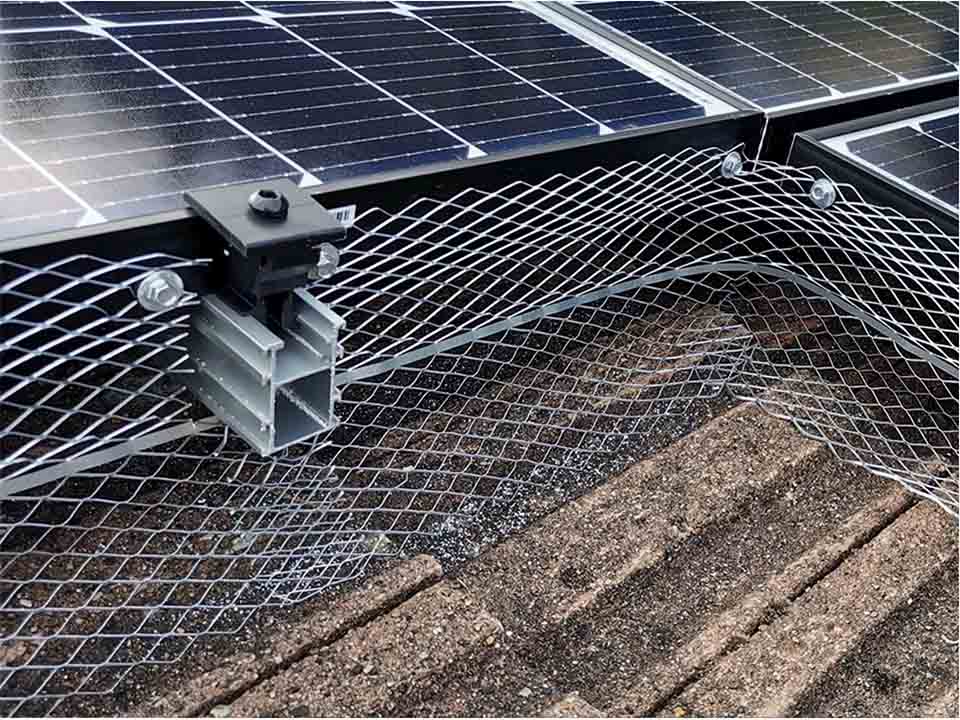The rising cost of energy bills together with the growing emphasis on sustainability makes understanding household electricity consumption critical today. Understanding your home’s energy consumption is the essential first step for both reducing your carbon footprint and saving money through smarter ecological living.
This blog examines typical energy usage patterns in UK homes, analyses factors affecting consumption levels and demonstrates how solar panel installation can reduce energy bills while benefiting the environment.
How much electricity does an average UK home consume?
UK households on average consume 2,900 kilowatt-hours of electricity annually. Electricity consumption differs widely depending on home size, household occupancy, and personal lifestyle choices.
Here’s a general guide:
- 1–2 person households: 1,800–2,100 kWh annually
- 3–4 person households: 2,900–3,300 kWh annually
- 5+ person households: 4,000+ kWh annually
The provided figures assume gas heating while calculating household energy consumption. Your annual electricity consumption rises significantly when your home relies on electrical heating or hot water systems.

What Factors Influence Home Energy Usage?
Different factors play a role in determining your home’s electricity consumption. Let’s explore the most common ones:
1. Appliances and Devices
A modern home operates with essential electrical devices including refrigerators, freezers, cooking ovens, washing machines, tumble dryers and televisions. Devices that consume large amounts of energy such as tumble dryers and electric showers lead to rapid increases in your monthly energy usage.
2. Number of Occupants
An increase in household occupants leads to a rise in the number of devices used, cooking activities, laundry requirements, and extended electronic and lighting usage. A household with five individuals will naturally consume greater amounts of electricity compared to a home with just one occupant.
3. Home Size
Big homes need additional lighting and usually contain more appliances, which leads to increased energy consumption for space heating and water heating when powered by electricity.
4. Lifestyle and Habits
Streaming content while working from home along with operating a home business significantly boosts electricity consumption. Choosing an electric hob over a gas one can make a noticeable difference to your monthly electricity totals.
What impact does your energy consumption have on the amount you pay for electricity?
In the UK, electricity bills reflect kilowatt-hours consumed alongside supplier set unit prices and a daily standing fee. Electricity unit costs usually fall between 25p and 30p per kWh but standing charges increase the bill by 50–60p each day.
For example:
- Low users (1,800 kWh/year): Approx. £500–£600 annually
- Average users (2,900 kWh/year): Approx. £750–£850 annually
- High users (4,300 kWh/year): Over £1,200 annually
The projected price increases are not reflected in these figures and they are becoming a significant worry for numerous households.
The financial benefits of solar panels have become more compelling than ever
Electricity price increases push many UK homeowners to adopt solar panel technology to lower their bills and decrease fossil fuel consumption. Here’s why solar is a smart move:
1. Generate Your Own Energy
A standard 4kW residential solar panel setup in the United Kingdom generates no less than 3,400 kWh annually which surpasses the average family’s power usage. You can power your home predominantly with renewable energy which allows you to lessen your reliance on traditional power sources.
2. Slash Your Bills
Generating your own electricity leads to buying less power from your supplier, immediately reducing your monthly expenses. Homeowners report annual savings of hundreds of pounds on their energy bills.
3. Earn Money Back
When properly configured, your system can send excess power back to the grid which earns you credits or payments. The installation costs become more manageable as time passes.
4. Add Battery Storage for Greater Control
A battery system stores extra energy produced during daytime hours to power your home during evening peak times when electricity costs the most. By implementing this system you achieve maximum savings while boosting your energy self-sufficiency.
5. Increase Property Value
Energy efficient homes are increasingly attractive to buyers. Solar panel installation increases your property’s market value and attractiveness within sustainability focused markets which value reduced operating expenses.
The Environmental Benefits
Solar electricity usage at home reduces greenhouse gas emissions for every kilowatt-hour consumed. The primary source of power generation in the United Kingdom remains dependent on gas-fired power plants. Choosing solar power helps lower your household emissions while supporting environmental sustainability.
Solar-powered homes produce annual carbon dioxide savings of 1.5–2 tonnes, which matches the environmental benefit of planting many trees each year.
Future-Proofing Your Home
Solar energy investment goes beyond immediate financial benefits to establish lasting stability for your future. As energy prices fluctuate and environmental laws become stricter, solar panel installation offers homeowners the opportunity to gain greater control over their energy usage while achieving stable and sustainable energy solutions.
Final Thoughts
A typical UK home consumes about 3,000 kWh of electricity annually, with its usage increasing rapidly based on lifestyle habits and heating methods. You can make better energy choices and secure your future by analysing your household energy consumption.
Solar panels offer a powerful solution: Solar panels help lower energy costs while producing sustainable power and increase your home’s self-reliance. Given today’s high expenses and ecological challenges people must accept choosing solar power is not only intelligent, but also sustainable for our future.
Contact us at Eden Power LTD today for a free quote on your solar panel installation.






